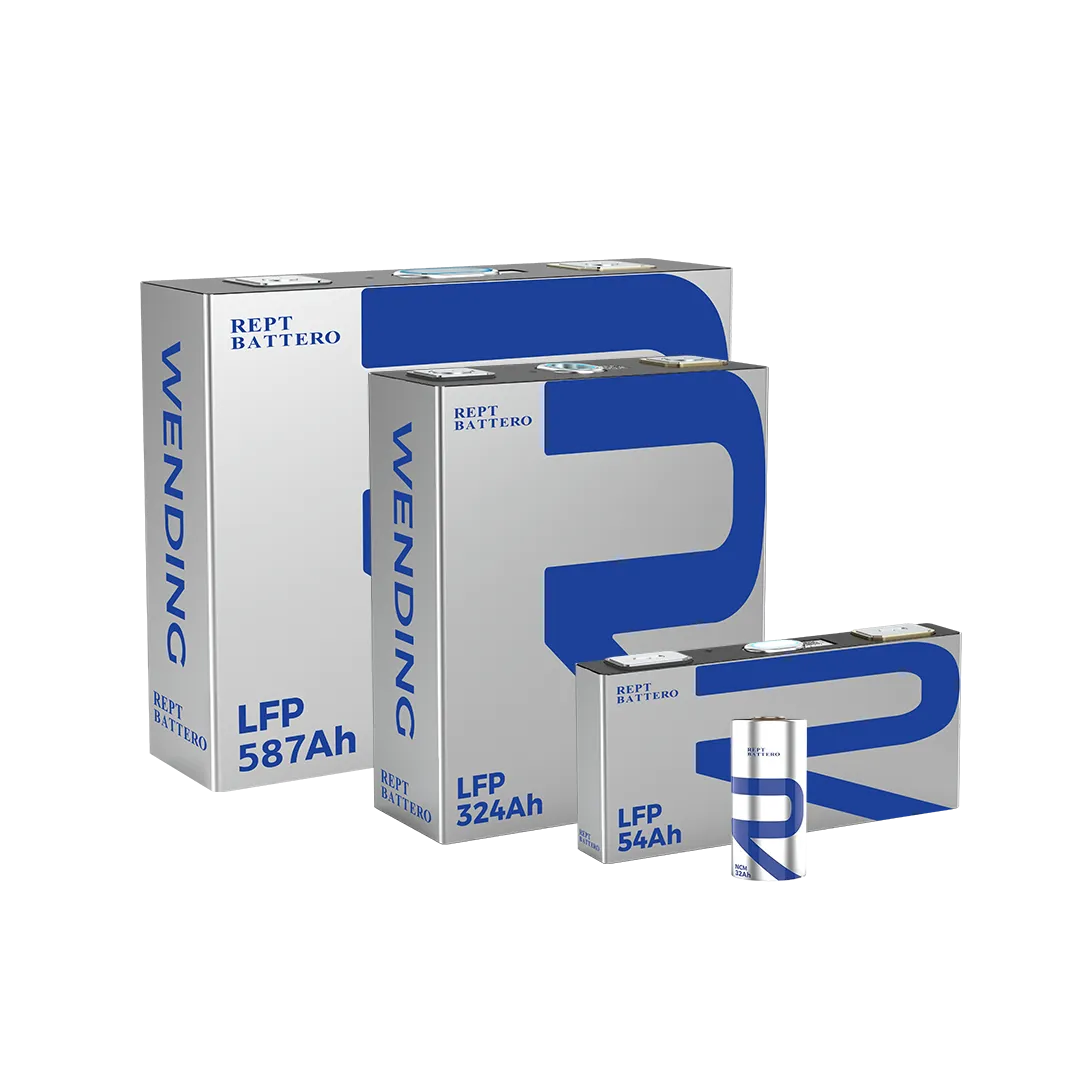In the rapidly evolving energy landscape, REPT BATTERO has emerged as a key innovator driving safer and more efficient power solutions. Their advanced LFP battery cells have become a preferred choice for applications in electric vehicles and large-scale energy storage. Compared to conventional lithium batteries, these cells offer a different approach to balancing performance, safety, and cost—making them a compelling option for manufacturers and investors in the new energy sector.
Key Structural and Chemical Differences
The primary distinction between LFP battery cells and traditional lithium batteries lies in their chemistry. LFP, or lithium iron phosphate, uses iron and phosphate as its core materials, providing higher stability and resistance to overheating. In contrast, conventional lithium batteries often rely on nickel, manganese, and cobalt compounds, which can deliver higher energy density but at the cost of reduced thermal stability. REPT BATTERO has refined the design of lifepo4 cells to optimize both safety and power output through innovative material selection and precision structural engineering.
This enhanced chemistry makes the lifepo4 cells ideal for electric vehicles, where consistent performance and safety under high-demand conditions are essential. By leveraging their proprietary Wending technology, REPT BATTERO ensures that each cell maintains exceptional cycle life, contributing to long-term reliability and cost efficiency for users.
Performance and Practical Benefits
When comparing operational characteristics, LFP battery cells stand out for their durability and stable performance across temperature ranges. While conventional lithium batteries may offer slightly higher energy density, they are more susceptible to degradation under extreme conditions. The lifepo4 cells developed by REPT BATTERO maintain steady voltage and performance even during rapid charging or discharging cycles, a quality that supports both automotive and stationary storage applications.
Another significant advantage is cost efficiency. LFP batteries use more abundant materials, reducing reliance on scarce metals and ensuring more predictable pricing. For energy storage integrators and EV manufacturers, this translates into a more sustainable and scalable energy solution.
Toward a Safer and More Sustainable Future
As global industries continue shifting toward electrification, REPT BATTERO’s technological advancements in LFP battery cells play a crucial role in shaping the next generation of energy storage. Their focus on chemical stability, high safety margins, and extended lifecycle positions their lifepo4 cells as a reliable foundation for energy innovation.
By combining technical excellence with supply chain stability backed by Qingshan Group, REPT BATTERO demonstrates how forward-looking research and engineering can redefine standards in performance and safety. Their work not only supports the needs of electric vehicle manufacturers and energy storage integrators but also strengthens confidence in the long-term sustainability of lithium battery technology.
Advancing Energy with Reliable Chemistry
Ultimately, the evolution from conventional lithium batteries to LFP battery cells marks a step toward safer, longer-lasting, and more sustainable energy systems. Through their continuous innovation in lifepo4 cells, REPT BATTERO continues to shape the future of clean energy solutions, setting new benchmarks for reliability and efficiency across multiple industries.
